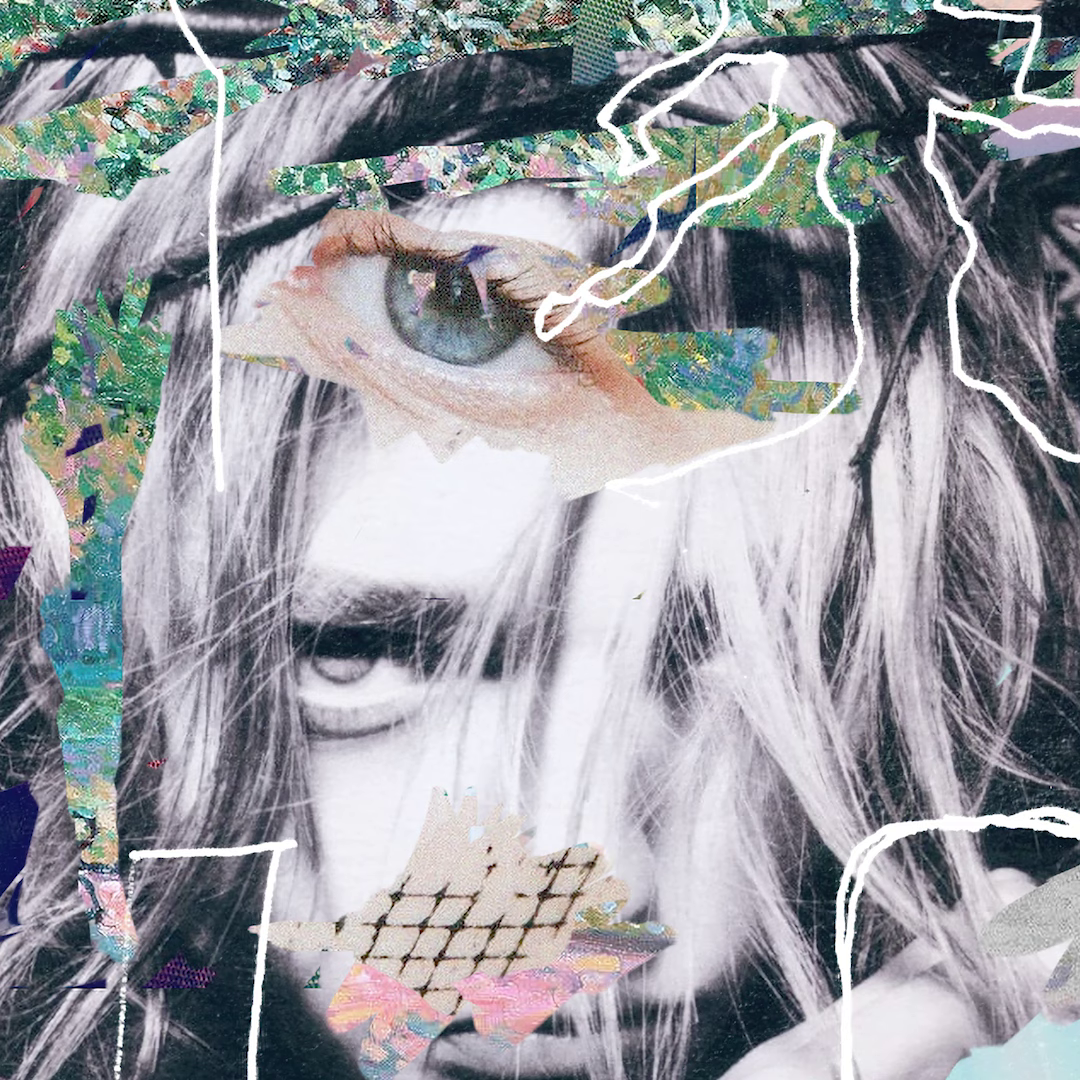It looks like the key in the ruling here was that the AI created the work without the participation of a human artist. Thaler tried to let his AI, “The Creativity Machine” register the copyright, and then claim that he owned it under the work for hire clause.
The case was ridiculous, to be honest. It was clearly designed as an attempt to give corporations building these AI’s the copyrights to the work they generate from stealing the work of thousands of human artists. What’s clever here is that they were also trying to sideline the human operators of AI prompts. If the AI, and not the human prompting it, owns the copyright, then the company that owns that AI owns the copyright - even if the human operator doesn’t work for them.
You can see how open this interpretation would be to abuse by corporate owners of AI, and why Thaler brought the case, which was clearly designed to set a precedent that would allow any media company with an AI to cut out human content creators entirely.
The ruling is excellent, and I’m glad Judge Howell saw the nuances and the long term effects of her decision. I was particularly happy to see this part:
In March, the copyright office affirmed that most works generated by AI aren’t copyrightable but clarified that AI-assisted materials qualify for protection in certain instances. An application for a work created with the help of AI can support a copyright claim if a human “selected or arranged” it in a “sufficiently creative way that the resulting work constitutes an original work of authorship,” it said.
This protects a wide swath of artists who are doing incredible AI assisted work, without granting media companies a stranglehold on the output of the new technology.


